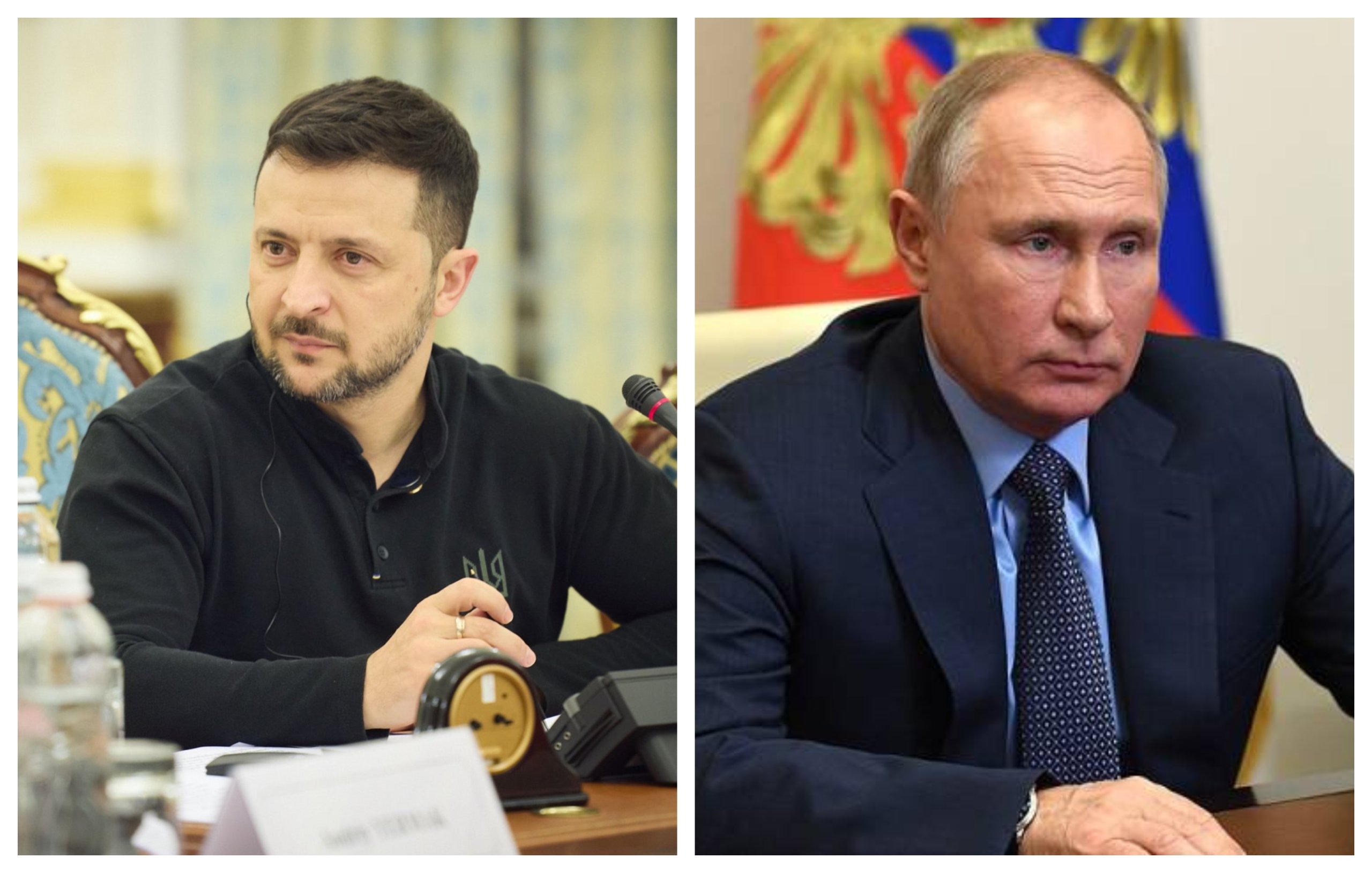
Russian President Vladimir Putin declined a direct meeting with Ukrainian President Volodymyr Zelenskiy during peace talks in Turkey on Thursday, instead sending a lower-level delegation, further dampening hopes of a significant breakthrough. Zelenskiy, who had hoped for face-to-face talks, expressed his frustration, calling Putin’s decision to send a “decorative” team a sign that Russia wasn’t serious about ending the war.
The peace talks, which would be the first direct engagement between the two sides since March 2022, were marred by a diplomatic misstep, with Zelenskiy’s defense minister leading Ukraine’s delegation. Although both Putin and U.S. President Donald Trump have expressed interest in meeting each other, Trump emphasized that no progress could occur until he and Putin meet, further complicating the situation.
Zelenskiy stated that the lack of high-level participation was a “personal disrespect” to Turkish President Erdogan and to Trump, signaling a breakdown in meaningful diplomacy. He also confirmed he would not travel to Istanbul for the talks, reiterating that Ukraine’s focus remains on securing a ceasefire.
The peace talks, initially planned as a potential step toward resolving the conflict, now appear less likely to yield a substantial resolution. Putin’s refusal to attend in person and send a more symbolic delegation highlights the stark divide between the two sides. Zelenskiy’s administration has proposed an immediate, unconditional ceasefire, while Russia insists that such a pause be discussed as part of broader negotiations.
Despite the absence of top leadership, Russian and Ukrainian officials have yet to set a timeline for when discussions might truly begin, creating an atmosphere of uncertainty.
Deteriorating Diplomatic Landscape
The diplomatic disarray reflects broader frustrations, particularly within Ukraine, which has faced intense military pressure from Russia for over three years. Trump’s remarks underscore his pivotal role in attempting to mediate peace, though his influence remains contentious.
In the meantime, the Russian delegation, led by presidential adviser Vladimir Medinsky, has sat idle in Istanbul, waiting for Ukrainian representatives who were never scheduled to arrive. The presence of hundreds of reporters near the Dolmabahce Palace in Istanbul reflected the global attention on the stalled talks.
Despite the setbacks, Russia’s military gains continue, with Russian forces recently claiming to have captured two more settlements in Ukraine’s Donetsk region. Meanwhile, U.S. officials are growing impatient with the lack of progress and have threatened to pull back from mediation efforts.
A Long-Standing Stalemate
The proposed talks, which may soon resume, are set to address the entrenched positions of both sides. Russia continues to demand that Ukraine cede territory and abandon its NATO membership ambitions, while Ukraine rejects these terms as surrender. The talks, which could have addressed issues like military downsizing, are now seen by Kyiv as a vehicle for Russia to prolong hostilities under the guise of negotiations.
With Russia firmly in control of significant Ukrainian territory, and Moscow’s demands unchanged, any diplomatic breakthrough appears increasingly unlikely in the near term.
